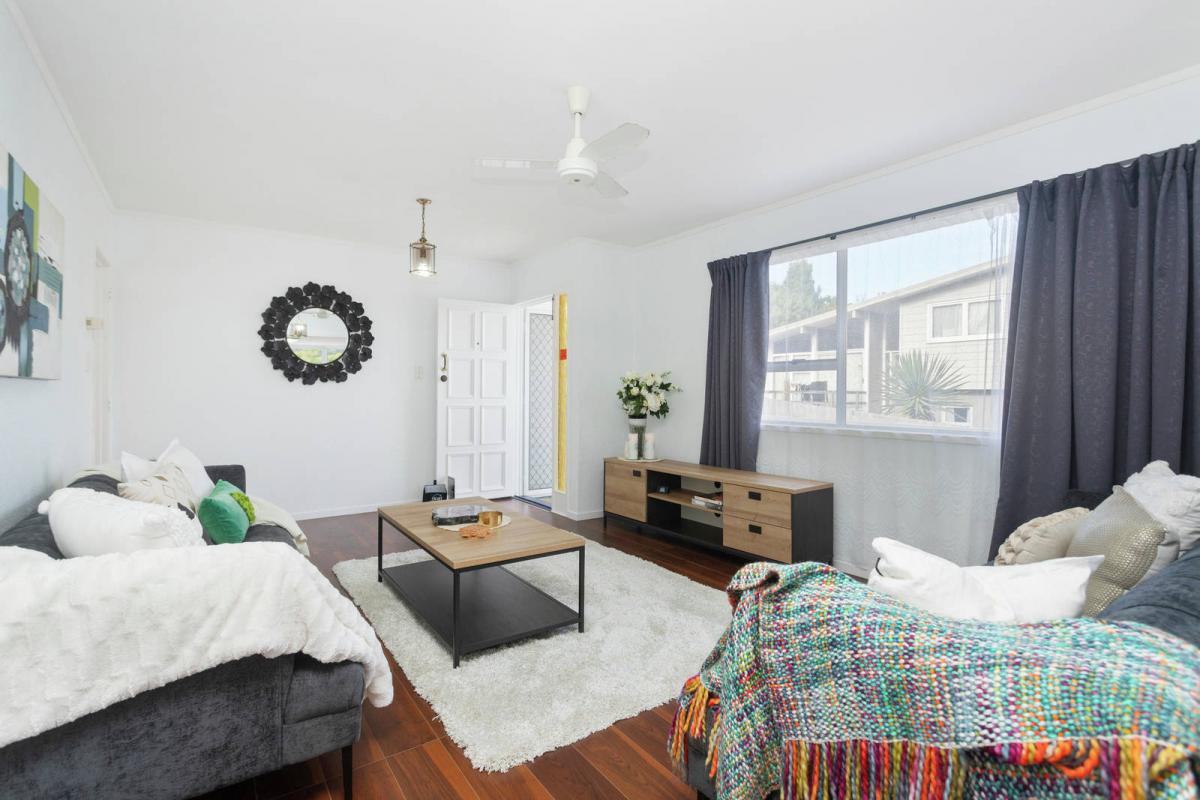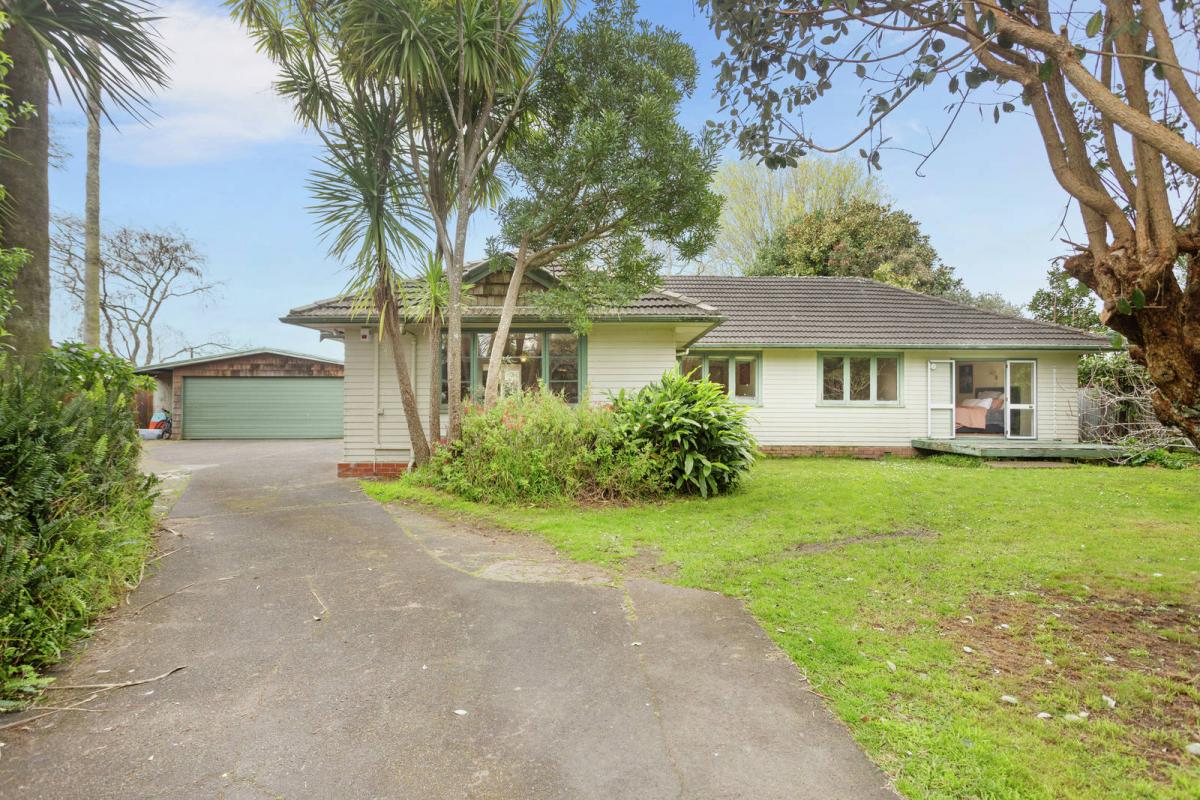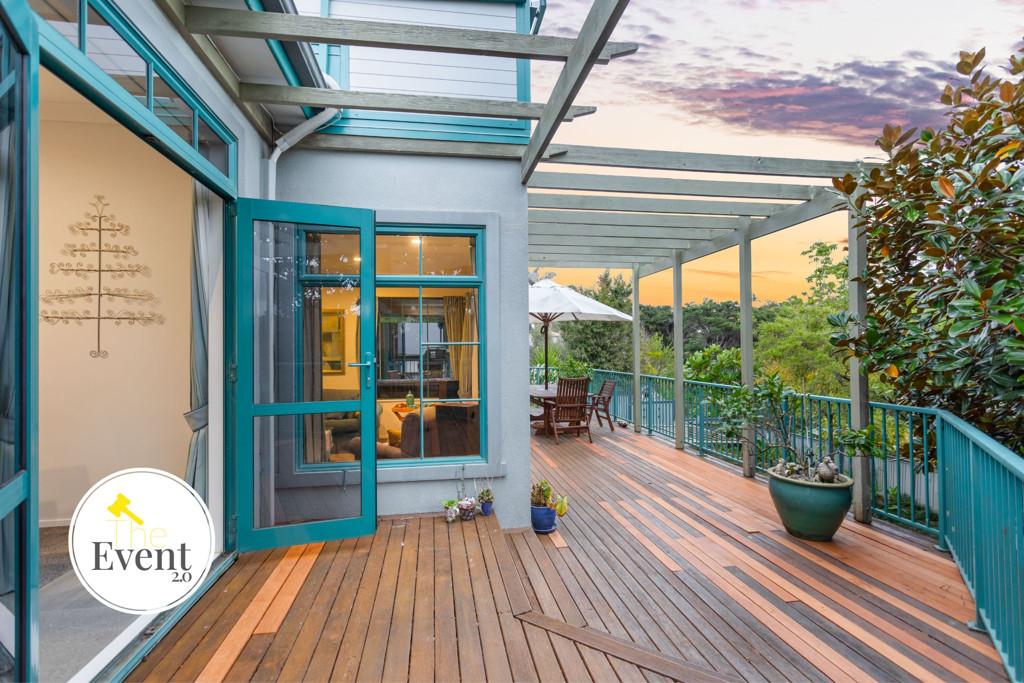Judge overrules lockdown and allows son to visit dying dad, PM orders review of refusals
Oliver Christiansen's dad lay dying and asking: "Where is my boy? Where is my boy?" But Christiansen couldn't see him - he was subject to the Government's mandatory 14-day isolation period after arriving in New Zealand on April 23 on a flight from the United Kingdom. Christiansen spoke today about his "eight days of battling and about 36 hours to spare" before his father Anthony Christiansen, who had brain cancer, passed away. The case has led Prime Minister Jacinda Ardern to order a review into all 24 cases whereby a request to see a dying relative during lockdown was refused by health officials. When he left his family in London, Christiansen thought he had time to sit out the quarantine in New Zealand before spending his father's last days with him. "Things were still looking okay. We thought we had plenty of time to see out the 14 days," he said. But his father's condition deteriorated rapidly. Doctors gave Anthony, a retired associate High Court judge, only a few days to live and suddenly it was a race against the clock. Christiansen, who had no symptoms of coronavirus, applied to the Ministry of Health to allow him to see his dying father on compassionate grounds. The ministry, after first mistaking what Christiansen was asking for, repeatedly refused. An email reply to Christiansen read: "...there is just nothing we can change at this time. 14 days isolation in managed facilities is a mandated requirement in force in New Zealand". Christiansen then directly emailed Director-General of Health Dr Ashley Bloomfield and the Minister of Health David Clark. Bloomfield responded within an hour and a half saying he will refer the letter to the managed isolation team to "carefully consider the information". But again he was denied for a third time. Christiansen also asked for a Covid-19 test - but was refused because he had no symptoms. Today, he said the unwillingness of authorities to test him for Covid-19 was extremely frustrating, as it seemed a "logical step". So Christiansen went to court to challenge Bloomfield and the ministry's refusal to allow him to cut short his quarantine period. "It just seemed like continual automatic rejection which fortunately meant the courts were a last avenue for a final roll of the dice," he said. Meanwhile, his father's health kept going downhill rapidly. His family was "increasingly desperate" for him to get home so he could farewell his father – and vice versa. From his quarantine hotel, he could almost see his family's Auckland home just 5–6km away.
The courts recognised how precious time was, he said, and pushed through his case. At a hearing on Friday in the High Court at Auckland, Justice Tracey Walker said the ministry got it wrong. She said it was "difficult to envisage more compassionate grounds than those presented here". Christiansen told he was able to spend just over a day with his father before he passed away. When he finally got to see his father, it was an emotional time. "It was a massive relief to be able to join the family in time," he said. "There was a lot of emotion, a lot of release – anguish, grief, everything rolled into one. "It makes you realise, in hindsight, just how critical it is that you're there at that time." Justice Walker said in her ruling, released today, there was "a very strong argument" to allow Christiansen to visit his dying father after it was "not considered on the correct legal grounds and did not take account of relevant mandatory considerations". "It had the hallmarks of automatic rejection based on circumscribed criteria rather than a proper exercise of discretion required by the Health Act (Managed Air Arrivals) Order," she said. The judge said the Ministry of Health's decisions to decline permission were, on their face, "legally flawed on more than [one] basis".
"Had the correct approach been followed, Mr Christiansen's application may have successfully come within the compassionate grounds (with low risk of transmission) or exceptional circumstances categories," Justice Walker said. The judge said, in her assessment, overall justice "demands an effective and swift response". She ordered the ministry to permit Christiansen to leave managed isolation to visit his father. But he could only do so if he traveled unaccompanied by car to his dad's home and remained there until his father died. Christiansen was also told to maintain physical separation from other family members at the home and to return on his own within 24-hours of his father's passing in the same car to the isolation facility for the remainder of the 14-day period. Justice Walker further told him to ensure any necessary cleaning and/or quarantining of that private car is carried out, to wear personal protective equipment, including gloves and a face-mask, to comply with any monitoring requirements by police or officials, and to comply with any other reasonable conditions directed by the Ministry to reduce any risk of transmission. The judge also considered the question of "the appropriate deference to the expertise of the decision makers in a time of unprecedented public crisis". "No matter how necessary or demonstrably justified the Covid-19 response, decisions must have a clear and certain basis," she said.
=========================================================
Poll: Should drivers retake the theory test every 10 years?
Drivers get where they need to go, but sometimes it seems that we are all abiding by different road rules (for example, the varying ways drivers indicate around a roundabout).
Do you think drivers should be required to take a quick driving theory test every 10 years?
Vote in the poll and share any road rules that you've seen bent! 😱

-
49.5% Yes
-
48.6% No
-
1.9% Other - I'll share below
Here's Thursday's thinker!
I am lighter than air, but a hundred people cannot lift me. What am I?
Do you think you know the answer to our daily riddle? Don't spoil it for your neighbours! Simply 'Like' this post and we'll post the answer in the comments below at 2pm.
Want to stop seeing riddles in your newsfeed?
Head here and hover on the Following button on the top right of the page (and it will show Unfollow) and then click it. If it is giving you the option to Follow, then you've successfully unfollowed the Riddles page.

Why make picking up reserved library books harder? What do you think? Challenge: Write the last stanza for the first poem attached below.
Once books are reserved in Auckland Libraries books, when they are available no longer go alphabetically by customer but instead go into a Holds pickup shelf number based presumably somehow on when each book needs to be picked up by.
I had two books reserved that arrived on two different days in the Blockhouse Bay Library and hence each book has a different shelf number. Hard to find unless you knew the shelf number in the notification email. Even if you knew the shelf number I found myself three books by the same author on the two shelf numbers.
More recently yesterday a book I reserved was on a different shelf number than was specified in my notification email (see image below).
Sadly it is clear from library staff that a numerical system for reserves is here to stay.
I suggest that so that all books for each person has the same shelf number, the shelf number becomes the last digit of a person's library card (0-9).
Within each shelf number a book is found under the day the reserve arrives in the library (01 to 31, hopefully the same date the email is sent).
Since a customer appears to have 10 days to pick up a book, ten days of the month would appear to be required at any time (for each digit 0-9).
Once there are 10 days used the next day's reserves could go back at the beginning of the shelf number after any remaining books not collected (hopefully none) are removed (along with the old day number and the new day number (01 to 31) inserted) after the last day available and future days' books remaining moved forward to make room.
Each day number (01-31) would appear once for each shelf number (0-9) before the first book on that day- perhaps cover an old withdrawn book with paper with each day number on the spine?
When a reserved book arrives in the library the last digit of the library card could be placed on a piece of paper in the book to be removed when it is put on the shelf, to be recycled the next day.
What do you think?
See the image below and page 3 below for a letter appearing in the Western Leader on 9 September:
www.neighbourly.co.nz...
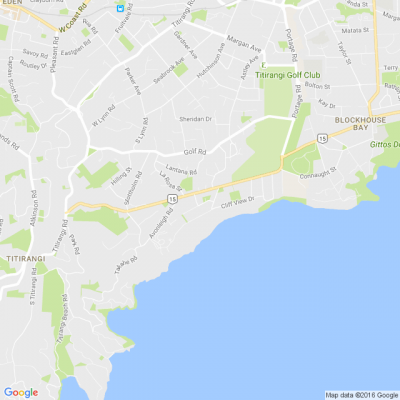
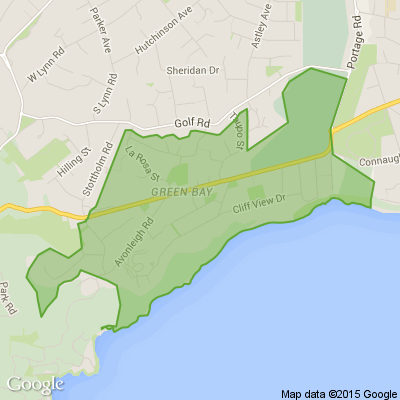







 Loading…
Loading…








